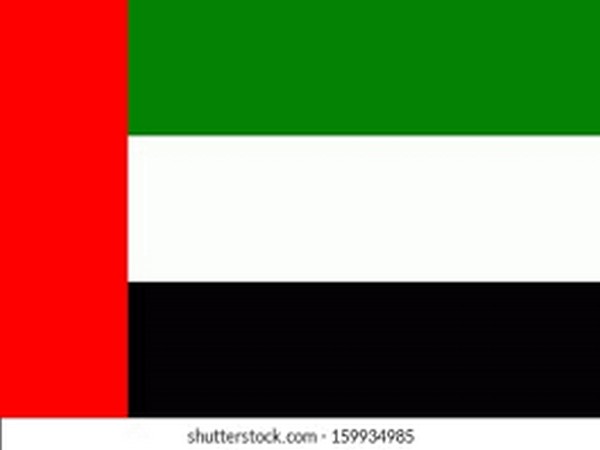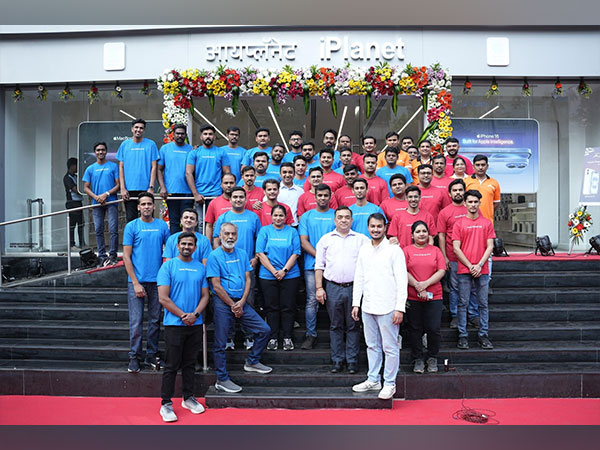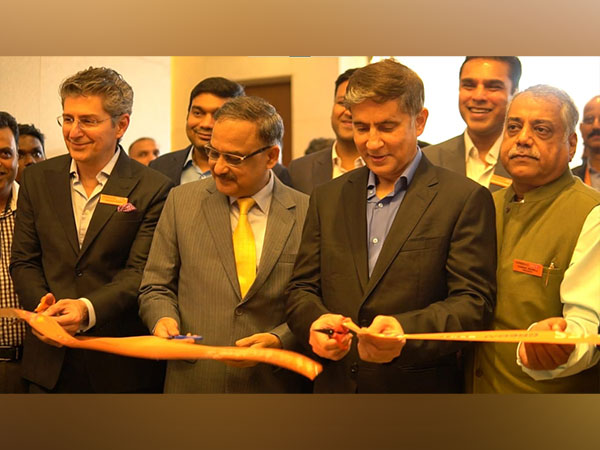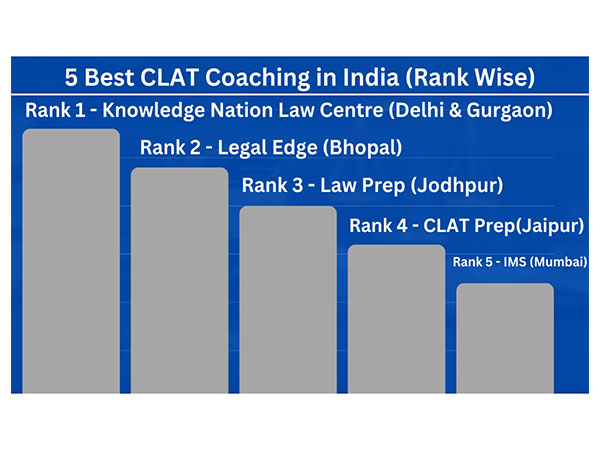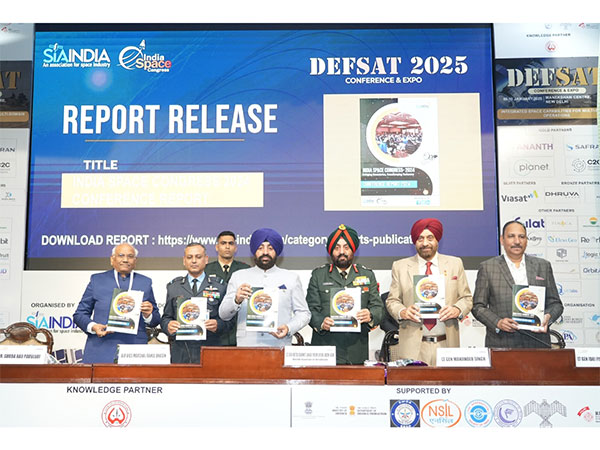UAE calls for free flow of capital, goods, services during B20 meeting in India
Aug 28, 2023
New Delhi [India], August 28: The UAE has called anew for further international action to ensure the free flow of capital, goods, and services, being the driver behind global development and economic prosperity.
This was said in a statement given by Thani bin Ahmed Al Zeyoudi, Minister of State for Foreign Trade, as he addressed ministers and senior government officials at the B20 Summit in New Delhi, India, during which he emphasised the need for collective action to support the multilateral trading system, strengthen global supply chains and accelerate the deployment of technology to improve supply-chain efficiency and inclusivity.
During a special plenary for G20 trade ministers on the opening day of the B20 forum, Al Zeyoudi underlined the UAE's conviction that the free flow of goods, services and capital remains a key driver of economic growth and development, especially for the Global South. Pointing to the nation's non-oil trade figures, which crossed the AED 2 trillion mark for the first time to reach AED 2.233 in 2022, the minister championed the role of trade in the UAE's economic agenda and urged nations to resist the rise of protectionism and isolationism that have threatened supply-chain integrity since the global pandemic of 2020.
In the lead up to the World Trade Organisation's 13th Ministerial Conference (MC13), which will be hosted in Abu Dhabi in February, 2024, the minister called on the international community to come together to revitalise global trade by strengthening dispute resolution mechanisms, enforcing rules on market-distorting subsidies, ensuring equitable access to the global trading system and, importantly, embracing new technologies to improve supply-chain efficiency and sustainability.
During his visit to New Delhi, the minister also led the UAE delegation to the India-UAE Business Forum, which was jointly organised by the Ministry of Economy and the Federation of Indian Chambers of Commerce and Industry (FICCI). At the event, the two sides explored untapped trade and investment opportunities provided by the Comprehensive Economic Partnership Agreement which combines the two countries.
Al Zeyoudi also participated in a roundtable organised by the Confederation of Indian Industry (CII), during which representatives from businesses in both countries discussed investment and joint-venture opportunities in areas of common interest, particularly energy, ICT, logistics and food production systems.
DrThani also used his visit to the B20 Summit to announce the launch of a Ministry of Economy report titled "Global Trade Risks 2023: Barriers to Growth", in which more than 500 corporate leaders from around the world were surveyed on their perception of the most significant threats to global trade. According to the survey, the rising level of public and private debt, and its subsequent impact on investment, financial liquidity and consumer demand, was considered the single largest threat to global trade - with 61 percent of respondents saying this will have a high, very high or extremely high impact on global trade, and with the same percentage saying there was a high likelihood of this occurring.
The next three largest risks, which all related to technology and its implementation, were the rapid technological advances requiring adaptation, cyberthreats to trade infrastructure and data privacy concerns.
Participants also considered that the depletion of natural resources, and in particular the impact of reduced access to water on communities, agriculture and food production systems, was the biggest environmental risk identified, which was seen as having a higher likelihood than another pandemic.
Al Zeyoudi said the report highlighted the fragility of the global trading system and the work needed to return to a surer footing. "The perspectives presented in the Global Trade Risks report are central to informing and shaping the policy decisions required to create a more sustainable, equitable, and resilient global trading system.
As we move towards the G20 Summit, and the WTO's Ministerial Conference (MC13) in Abu Dhabi next year, we must understand the concerns of the private sector and develop a policy program that properly addresses them. In particular, the high ranking of concerns relating to technology adoption and regulation underscore the work required to create a global trading system fit for the 21st century."
The B20 Summit, the G20's official forum for dialogue with the private sector, hosted more than 1,000 participants, including ministers, senior government officials and global CEOs. Organised by the Confederation of Indian Industry (CII) and held under the acronym RAISE - responsible, accelerated, innovative, sustainable, equitable - the meeting focused on issues such as inclusive global value chains; the future of work, skilling and mobility; digital transformation; financing for global economic recovery; and energy, climate change and resource efficiency.
The UAE delegation included more than 70 representatives of the public and private sectors, covering a broad range of economic sectors such as health services, energy, agriculture, food security, tourism, logistics, aviation, finance and others.
Source: Emirates News Agency
